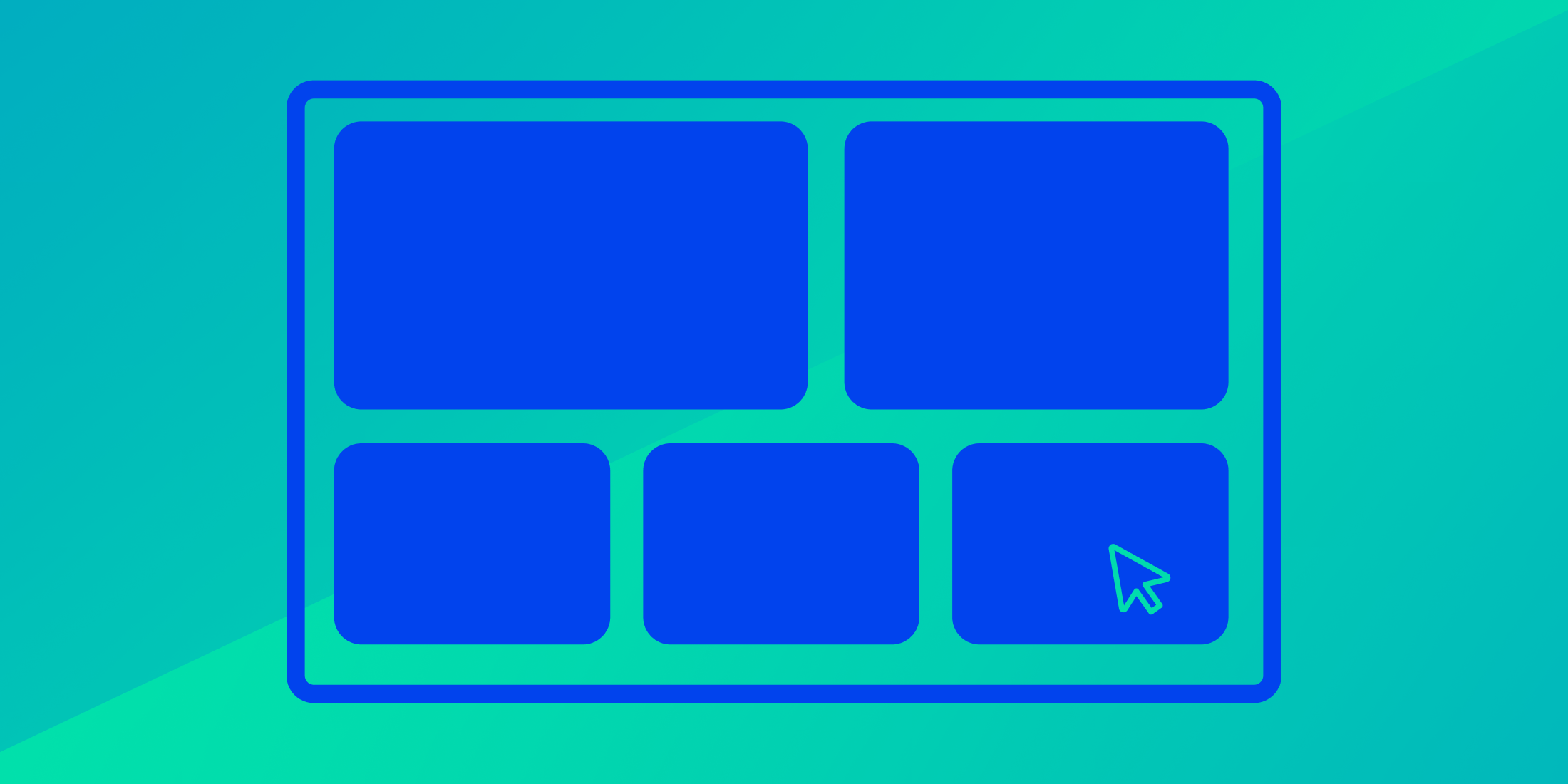The digital age demands a robust online presence for both businesses and individuals. This need has given rise to two often misunderstood and interchangeably used fields: web development and web design. While they both play essential roles in website creation, their areas of expertise and required skill sets are distinct. Recognising these differences is crucial, especially when deciding between a custom web design and development or opting for template-based website solutions.
A common confusion
It’s not uncommon for people to use the terms web development and web design interchangeably. At a glance, both seem to contribute to the creation of websites, but a closer look reveals the distinct roles they play. This mix-up is understandable, given that both are integral to bringing a website to life, yet they focus on different areas of the process.
Website design
Web design is the art of conceptualising, planning, and creatively planning the elements of your website. It focuses primarily on the website’s appearance and user experience. Designers are concerned with the aesthetic aspect, which includes the layout, colour scheme, typography, and overall visual identity. Their job is to ensure that the website is not only pleasing to the eye but also intuitive and easy to navigate.
When designing for web in the finance industry, templates could be utilised as a means to achieve cost-effectiveness and time efficiency. These templates offer a pre-designed framework that can be customised to a degree, providing a professional appearance with reduced effort. However, for larger clients in the finance industry, such as banks or other enterprise-level financial institutions, a bespoke approach that starts from a blank canvas may be preferred to improve the overall branding for banks. This choice often depends on the client’s preference and any business constraints they have, such as budget.
In cases where a template is used, a significant aspect of web development is often already completed as part of the package, enhancing the time efficacy of the process. This means that the fundamental coding and framework required to make the website operational are pre-built into the template. For businesses, especially small to medium-sized ones, this pre-development can be a huge advantage, as it reduces the time and resources needed to launch a fully functional website. The need for extensive custom web development work is lessened, although there is still room for some level of customisation to ensure the website aligns with the specific branding and functionality requirements of the business.

Web designers work together with you to creatively craft your brand and visuals to your digital audience.
Web development
Web development, on the other hand, is the backbone of website creation. It involves the coding and programming that powers a website’s functionality. Developers take the design created by the designers and turn it into a fully functioning website. They work on the site’s architecture, ensuring smooth operation, implementing features, and fixing bugs. In essence, they bring the vision of the creatives and designers to life.
Unlike designers, developers are less concerned with the aesthetic and more with the technical aspects of the website. They work with various programming languages and frameworks to build everything from simple static sites to complex web applications.

Web developers work behind the scenes to bring your website to life, making functional features and fixing bugs.
Website templates vs custom web solutions
When using templates, like those for mortgage broker websites, the distinction between design and development can blur. These templates are pre-built systems designed to save time and money. They offer a professional look without the need for significant design or development work. However, while templates are cost-effective and efficient, they might not always align with the specific needs of businesses that have very particular requirements for their website’s look and feel.
In this case, custom web design and development may be the more appropriate choice. This approach allows for a tailored solution that precisely matches the brand’s vision and aesthetic preferences. With custom development, every element from the layout to the user interface can be crafted to ensure a unique online presence that stands out from the crowd. It provides the flexibility to incorporate specific features and functionalities that are essential for the business, offering a level of personalisation and brand alignment that templates cannot match.

Starting your website from a template is often cost-effective and fast, whilst still allowing you to customise the structure to be unique to your brand and messaging.
Can you optimise your website for search engines using a website template?
You can still optimise your website for search engines even when using a template, provided the website system is built correctly and grants you access to the necessary tools. A key factor in search engine optimisation (SEO) is the ability to edit and add content on an ongoing basis, and a well-designed template should allow for this. The template should be built with SEO-friendly features, such as clean code, fast loading times, mobile responsiveness, and the ability to customise meta tags, headings, and alt text for images.
Additionally, having the flexibility to update your content regularly, including blog posts and other dynamic elements, is crucial for maintaining and improving your search engine rankings. So, while a template can initially offer a cost-effective and efficient solution, its real value for SEO lies in how it’s structured and how much control it gives you over your site’s content and metadata.
The importance of choosing the right approach
Whether opting for a custom design and development or using pre-built templates, the decision should align with your brand’s objectives and resources. Custom solutions offer a unique, brand-specific platform but at a higher cost. Templates, while more affordable and quicker to deploy, may lack the uniqueness and flexibility of custom designs.
In summary, understanding the difference between web development and web design is crucial in making informed decisions for your online presence. Web design focuses on the visual and user experience aspects, while web development is about building and maintaining the site’s functionality. Your choice between custom solutions and templates should reflect your brand’s needs, objectives, and resources, ensuring that your website not only looks great but also performs effectively in the digital world.